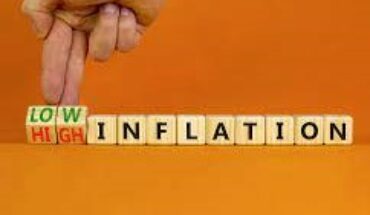The Indian currency has dropped. After stubbornly holding off from acting to tame inflation, which has steadily eroded consumers’ purchasing power and derailed broader economic momentum, the RBI’s rate setting panel on Wednesday announced an ‘off-cycle’ increase in benchmark interest rates. The Monetary Policy Committee voted to raise the policy repo rate by 40 basis points to 4.4 percent with immediate effect. RBI Governor Shaktikanta Das rationalised that letting inflation remain elevated at current levels for too long risked ‘de-anchoring inflation expectations’ and consequently hurting growth and financial stability. While Russia’s invasion of Ukraine and the subsequent western sanctions on Moscow have roiled the outlook for prices on a range of commodities, including wheat, edible oil, crude oil and coal, Indian households’ perception and expectations of inflation have been running well above the RBI’s upper tolerance threshold of 6 percent for more than two years. That the RBI has been forced to act now, after insisting that price pressures were ‘transitory’, is a belated yet welcome acknowledgment that the economic costs of failing to anchor price stability can potentially be far more deleterious to growth than a relative decrease in the availability of low-cost credit. With central banks in advanced economies led by the United States Federal Reserve pursuing a path of policy normalisation, the prospects of volatility in capital flows adding pressure on the exchange rate and consequently heightening the risks of imported inflation have also surely queered the pitch for the apex bank. The onus is now squarely on the RBI and fiscal authorities to move in lockstep and take every possible measure including cutting fuel taxes to keep inflation from running away and landing the economy in stagflation.
RBI’s increase in interest rates was long overdue
|
May 7, 2022 |




